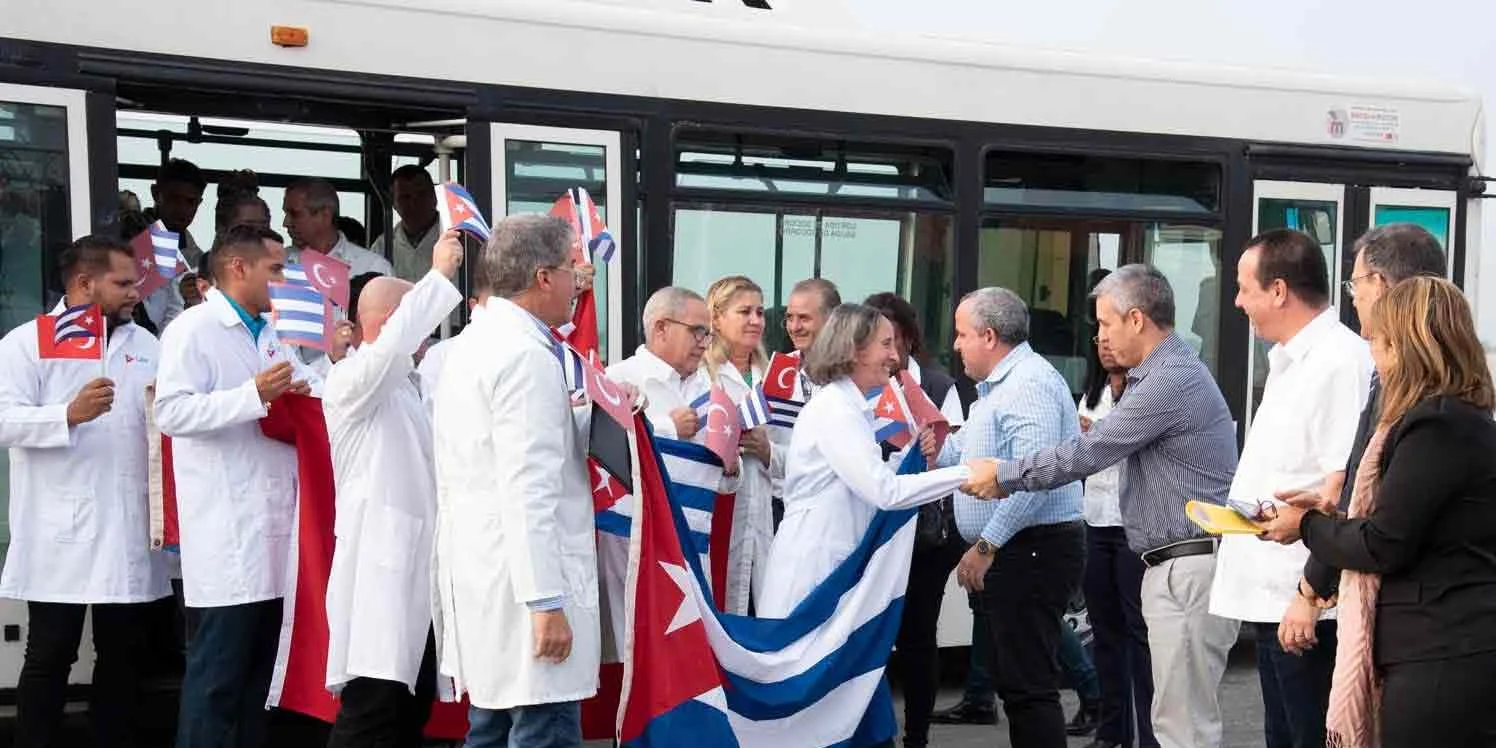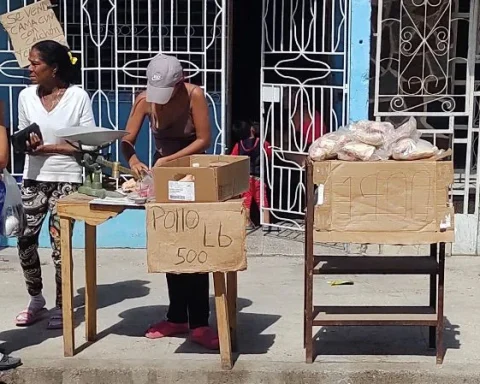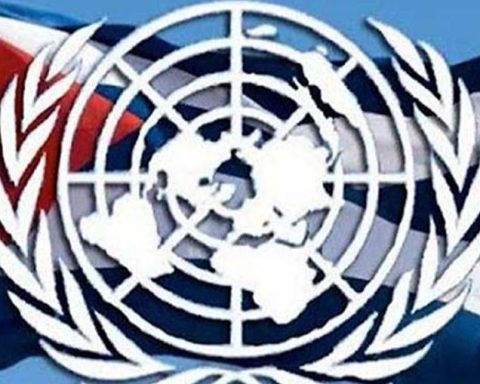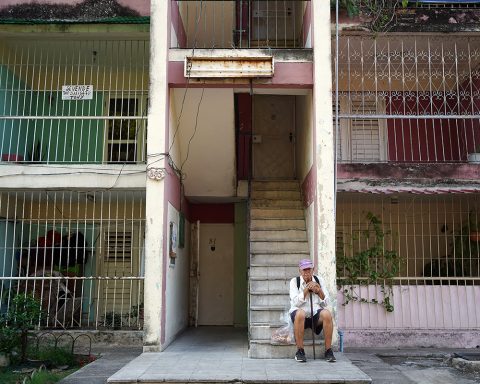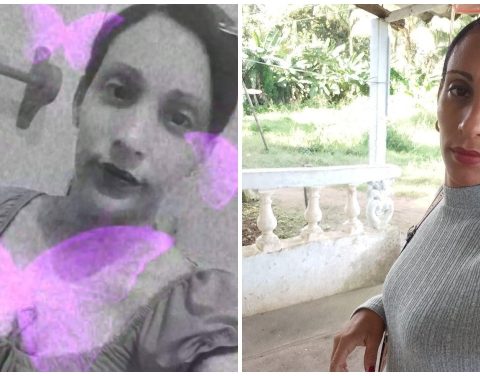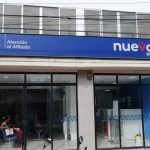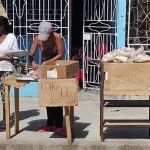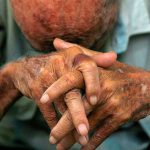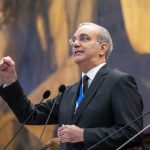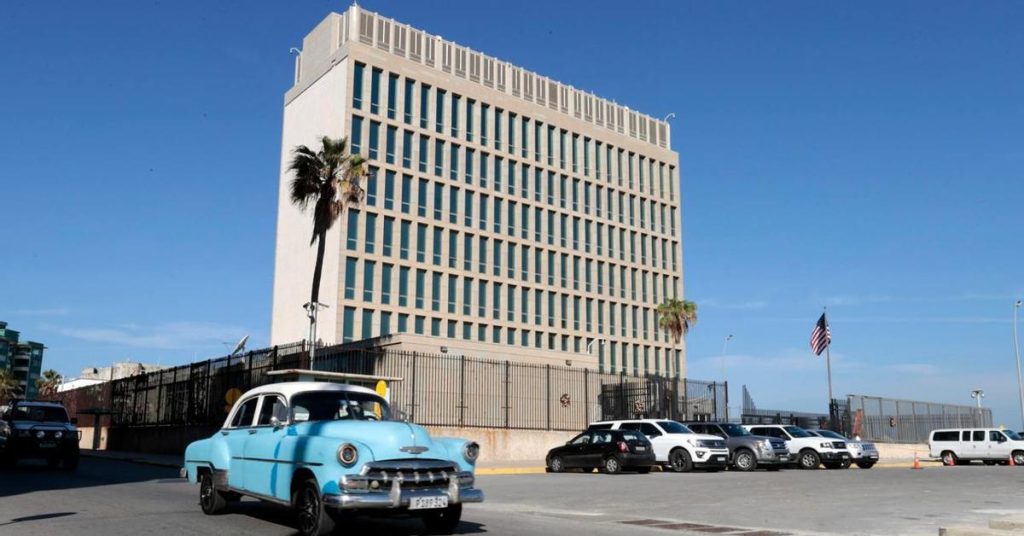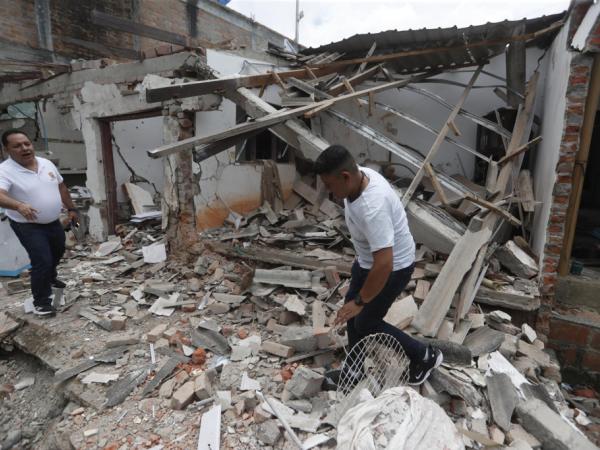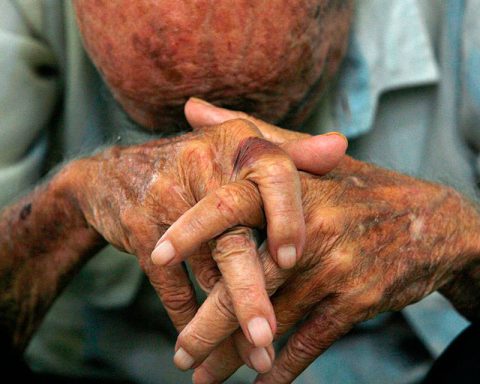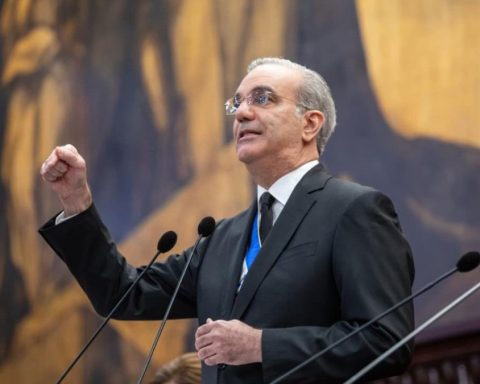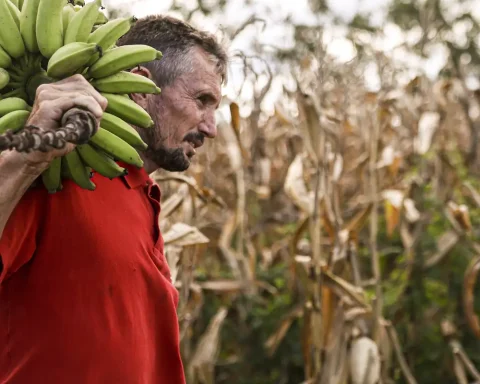Dublin, Ireland. – The Minister of Public Health of Cuba, José Ángel Portal Miranda, acknowledged in the Pódcast From the Presidencyled by Miguel Díaz-Canel, that the Cuban government has retained the passports of doctors and other health professionals who participate in the so-called “internationalist missions” abroad.
“It is true that, in a time, the passports of the collaborators were in the hands of the headquarters of the brigades. And it had to do because it was very massive, and many young collaborators came out and we were lost. That is an issue that we have eliminated over time,” said Portal Miranda during the podcast released Thursday.
In turn, he explained that only recently the identity documents to the “collaborators” were recently returned: “these days we had some countries that still had that situation [retención de los pasaportes de los trabajadores cubanos]but we also solved it. Our collaborators have their documentation, ”he said.
The statements of the senior Cuban official reinforce the accusations of the US Department of State, which in their annual reports on human trafficking has cataloged these medical missions as a form of “modern slavery” and has indicated that Cuban professionals face coercive working conditions, constant surveillance, confiscation of documents and threats to their families if they desert.
A recent report Cubanet He also revealed abusive practices in Cuban missions deployed in Caribbean countries, including Jamaica, Santa Lucía, Barbados and Belize. According to statements by Cuban health workers, many collaborators are forced to deliver at least 50% of their salaries to the Cuban government, while living in precarious conditions and under surveillance of regime officers.
The US Secretary of State, Marco Rubio, described these measures as a form of “forced labor.”
The statements of Portal Miranda confirm the restrictive conditions under which Cuban health professionals operate in international missions, especially in the Caribbean Basin, according to uncovered A report from Cubanet this week.
Although host governments pay considerable sums for their services, doctors barely manage to retain a maximum of $ 1,050, equivalent to just over six dollars per hour. The Cuban regime justifies the appropriation of at least 50% of its income under the concept of “recall”, a poorly used term that replaces “refund”, allegedly to prevent the record of the forced deduction of wages.
The agreements between the Cuban government and the receiving countries remain hidden from workers, who do not know how much the State really charges for their work.
Individual contracts that regulate the work of doctors are also subject to secrecy. In countries such as Jamaica, professionals are only allowed to sign documents without the opportunity to read them carefully or keep a copy. In addition, they face a strict control regime based on the “resolution 368 of 2020”, which establishes severe disciplinary measures: they are prohibited from relating to colleagues hired independently, they must remain separated from their families during periods that go from one to four years, and cannot be expressed freely under threat of sanctions or expulsion of the mission.
According to data from the NGO Archive Cuba, more than 19,000 Cuban professionals provide services in the Caribbean, which represents more than 75% of the medical brigades deployed worldwide by the regime. This figure indicates the magnitude of the program, as well as the regional dependence of these workers to sustain their health systems.
However, behind this apparent international cooperation a model is hidden that restricts the fundamental freedoms of Cuban health workers, who, according to testimonies collected by CubanetThey feel trapped. “The collaborator in Jamaica is as an abducted. It is horrible; one accepts the contract because, really, who lives in Cuba with 50 dollars of salary?” Said a health worker.
